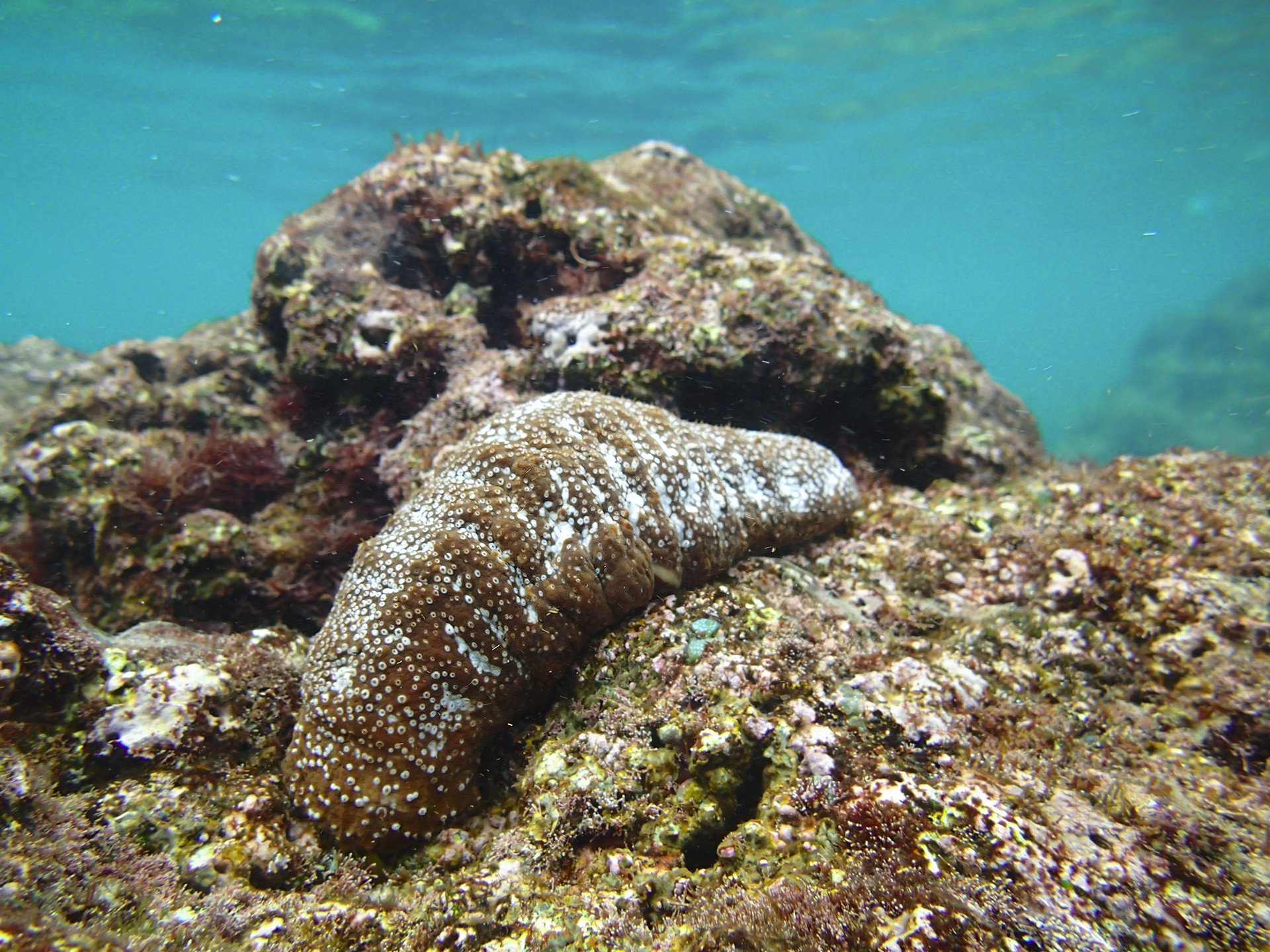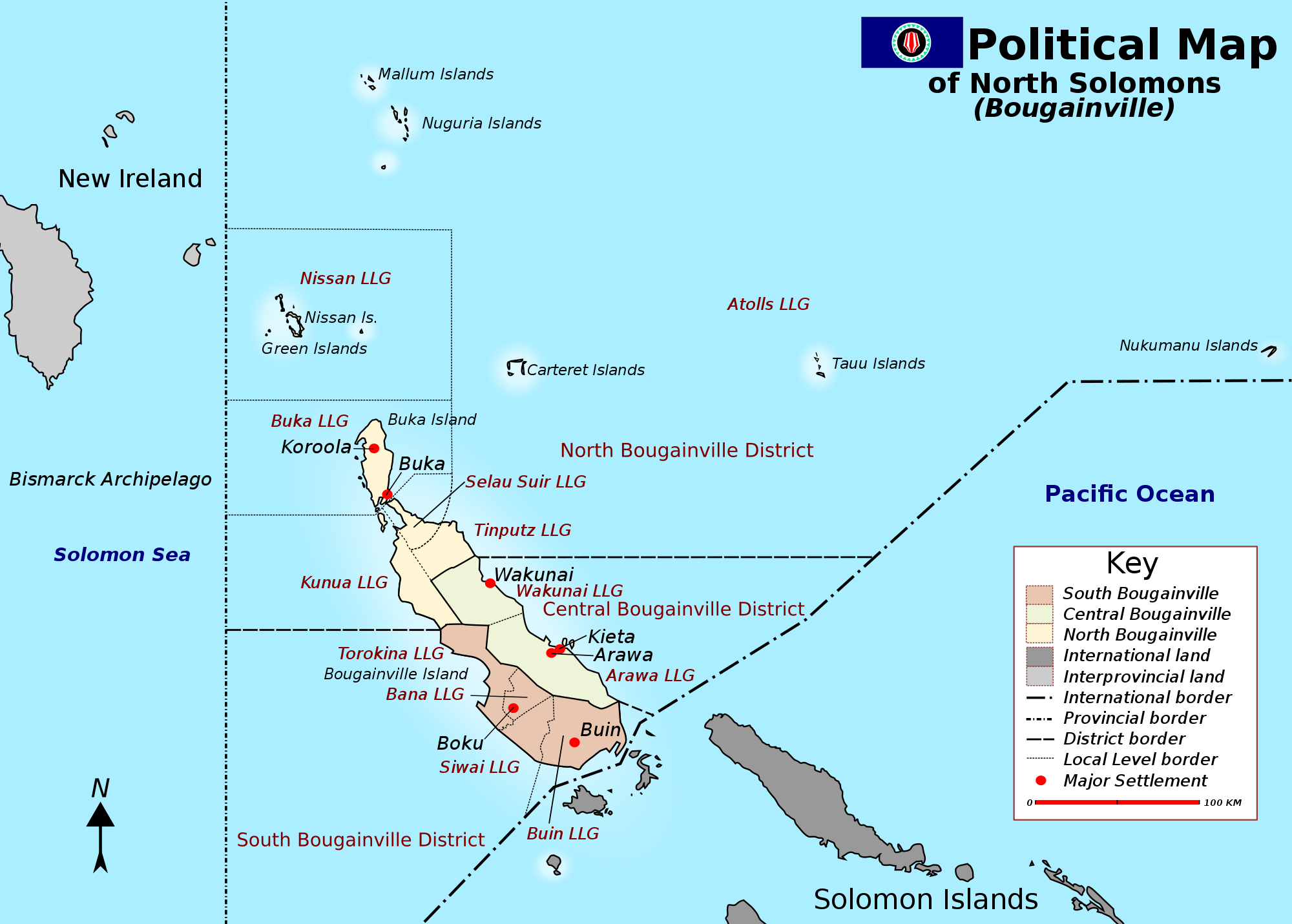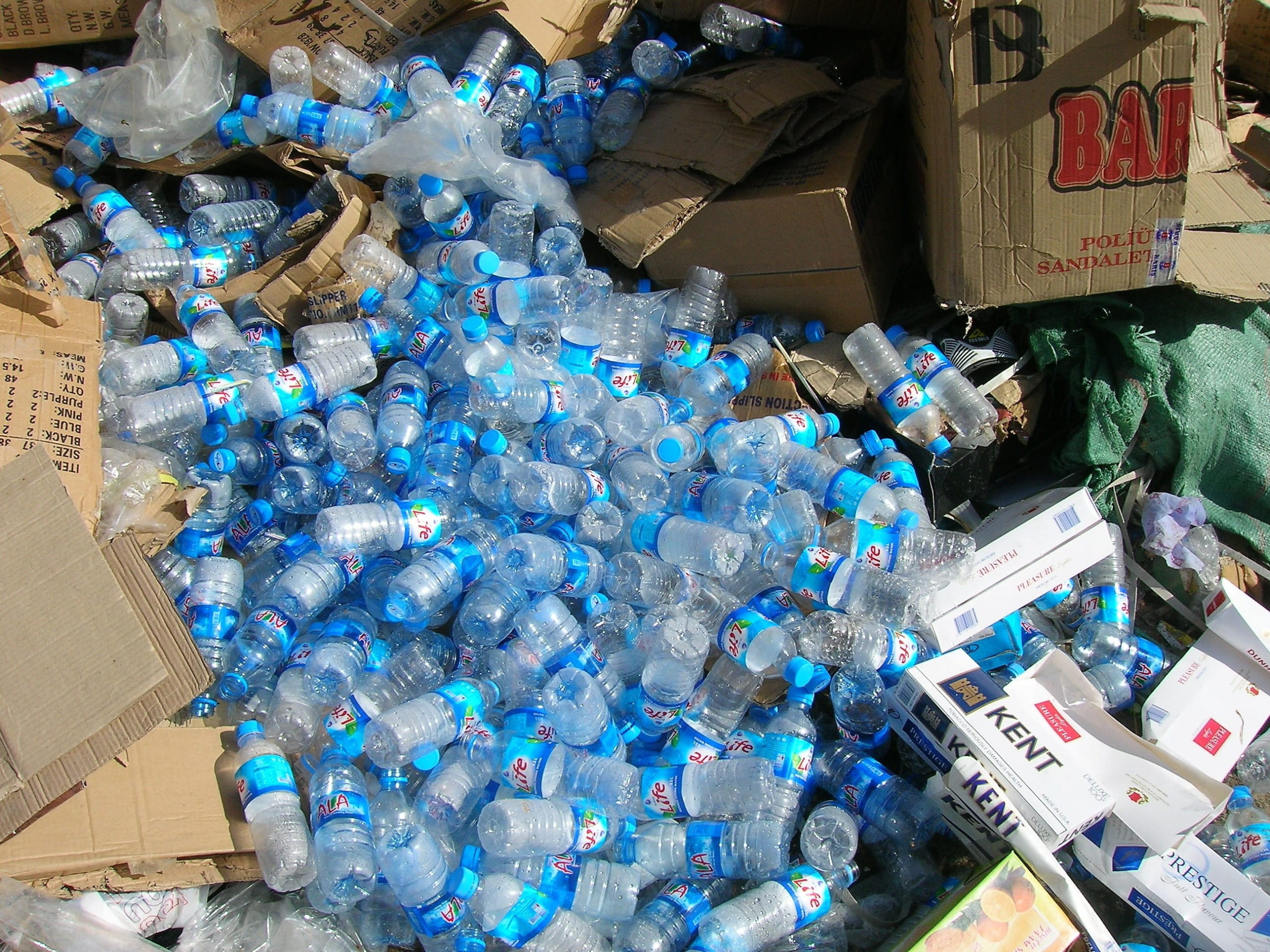Tonga is struggling to take full control of the harvesting and the exporting of its Bech-de-mer (sea cucumber) resources to reap its fair share of foreign currency earnings from its export.
The CEO for the Ministry of Fisheries, Dr Tu‘ikolongahau Halafihi said public consultations on harvesting and exporting had been ongoing since a moratorium was imposed in 2015 but the consultations were not finished before the moratorium was lifted.
The exporting of Tonga’s sea cucumber began in the 1980s. A number of moratoriums were enforced to enable sea cucumber resources to be replenished.
In 2009 it was estimated that $12 million pa’anga (US$5.2 million) worth of sea cucumber was exported from Tonga.
However, by the end of March 2011 it was reported that sea cucumber fisheries in Tongatapu and Vava’u were experiencing overfishing.
So since 2015 a moratorium on the harvesting of sea cucumber in Tonga’s territorial water has been enforced to enable the replenishing of sea cucumber stocks.
While the moratorium was enforced, a national consultation on the harvesting and the marketing of sea cucumber was launched and started from the northernmost islands of Niuatoputapu and Niuafo’ou in 2015.
Dr Tu‘ikolongahau Halafihi said that the national consultation on sea cucumber had finally reached Tongatapu this year, 2020, but because of the COVID-19 restrictions, government had decided to ease the moratorium from 01 July to 30 September and allow the harvesting of sea cucumber.
The moratorium was lifted but the Ministry introduced a regulation requiring the processor of sea cucumber to pay divers a minimum rate.
Dr Tu‘ikolongahau Halafihi explained that their intention by setting a Minimum Price for the processor/exporters to pay the divers was to make sure that the Tongan divers were not underpaid.
This was unsuccessful and they later had to remove their demand for a minimum price to be paid to the divers. Tthe divers disagreed with the measure because they could negotiate for a better price for their sea cucumber, so the ministry decided to leave it for the divers to negotiate their own prices.
With the exporting of sea cucumber, the processors are usually the exporters, and Dr Halafihi admitted that as usual, at the end of the season the government never knows the actual value of foreign currency earnings Tonga received from the exportation of its sea cucumber.
An exporter of sea cucumber from Tonga must be a Tongan national, and he must prove to the Ministry of Fisheries that he has a bank balance of at least $100,000 (US$43,000).
The nationality issue is complicated by the fact that there are many Chinese/Tongans who have a right to export sea cucumber. The restriction that only Tongans can export sea cucumber is further complicated when a Tongan exporter has a Chinese partner, who can deposit $100,000 in the bank to meet the requirements of the regulations.
So after years of public consultation since 2015 to find a way for the Ministry to control the harvesting and the exporting of sea cucumber, it now appears that we are back to square one and it is very difficult to control the harvesting and the exporting of sea cucumber.
With regard to the exporting sector, Dr Halafihi hinted that it might be necessary to introduce a structure similar to the former Copra Board, to be given the right to export sea cucumber and not to be left open for the private sector.



